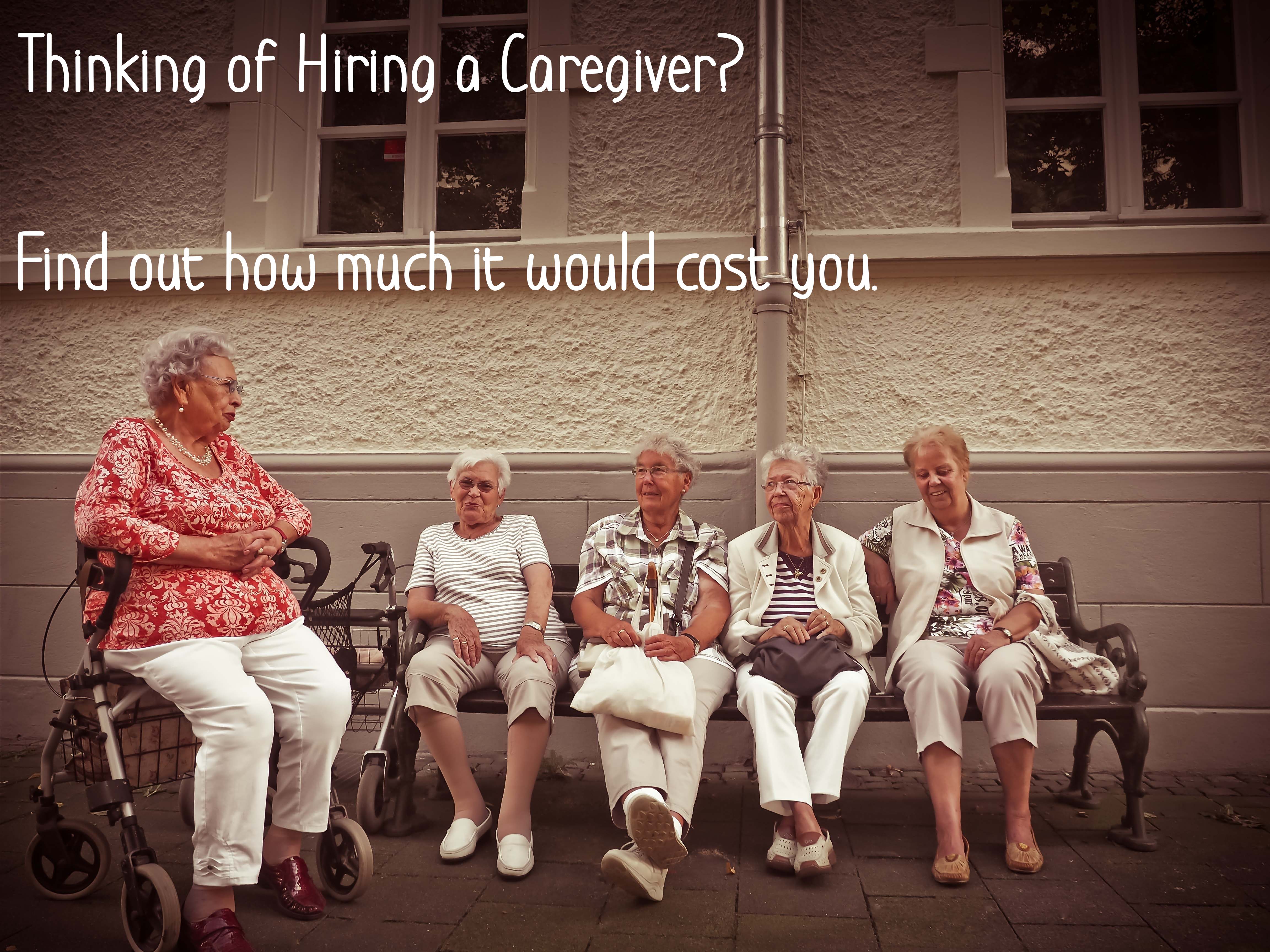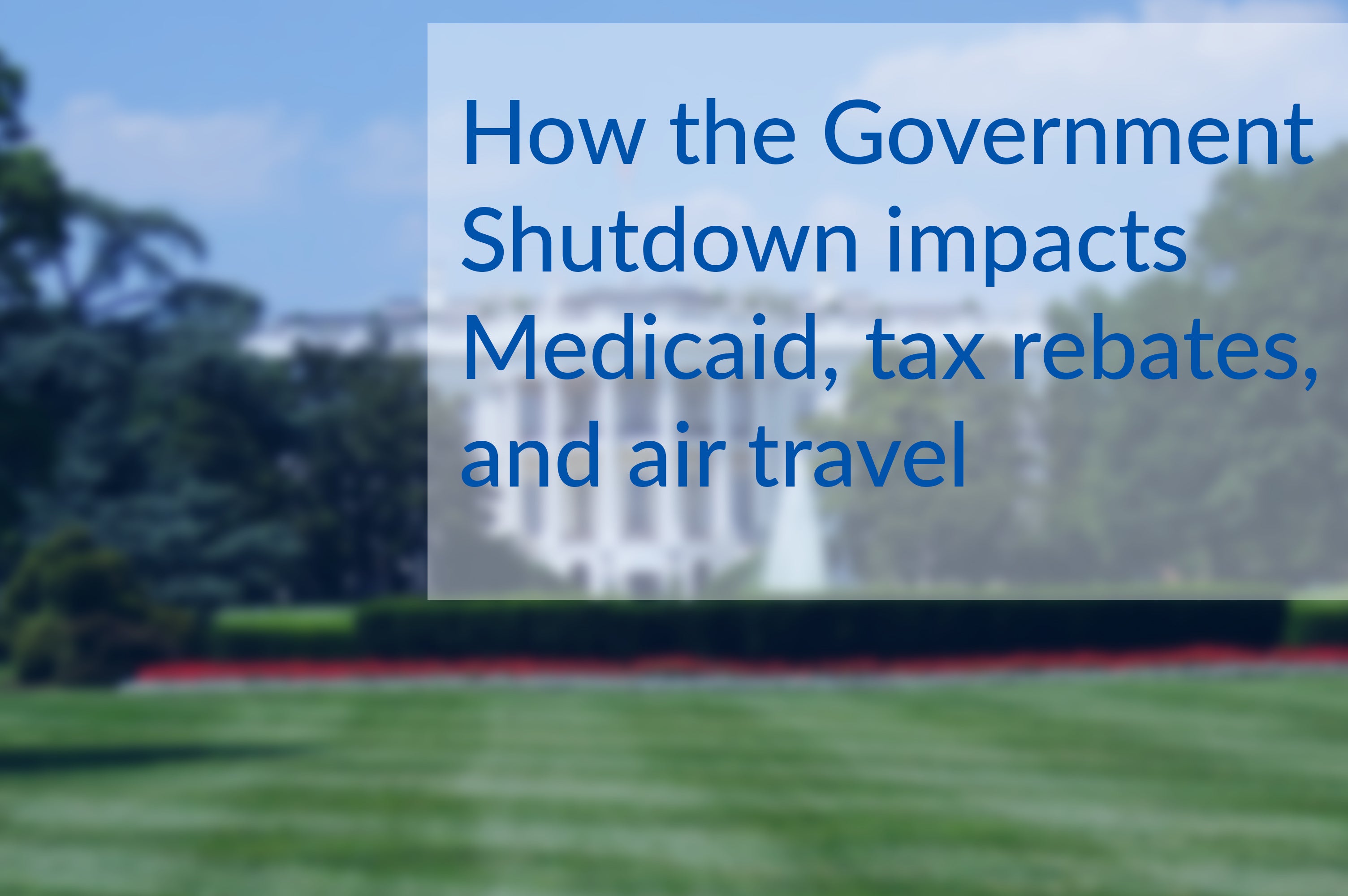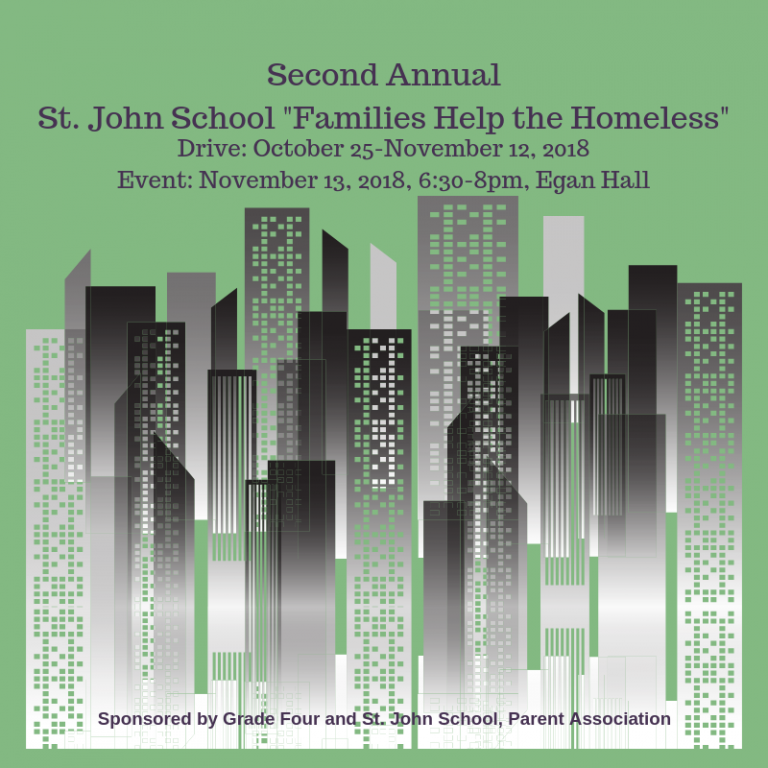Most Dangerous Day For Your Heart
 December 26 is historically one of the most dangerous days of the year for people vulnerable to cardiac problems, including heart attacks, arrhythmias, and heart failure. And many of these so-called Merry Christmas coronaries will hit people who didn’t even realize they were at risk when they unwrapped their gifts the day before.
December 26 is historically one of the most dangerous days of the year for people vulnerable to cardiac problems, including heart attacks, arrhythmias, and heart failure. And many of these so-called Merry Christmas coronaries will hit people who didn’t even realize they were at risk when they unwrapped their gifts the day before.
But the holiday season isn’t good for heart health to begin with. A 2004 study by researchers at the University of California, San Diego and Tufts University found that heart-related deaths increase by nearly 5% during the holidays, perhaps because patients delay seeking treatment for heart problems or because hospital staffing patterns change. But anecdotally, doctors say that their ERs stay quiet on Christmas Day itself. Then, come December 26, they see a surge of cardiac traffic. A 2008 study found that daily visits to hospitals for heart failure increased by 33% during the four days after Christmas.
“This time of year is notorious for heart attacks, heart failures, and arrhythmias,” says Samin Sharma, MD, director of interventional cardiology at Mount Sinai Medical Center in New York.
In fact, 2009 may pose an even greater risk than years past. Added stress over the recession means you’re already putting a lot of pressure on your heart, and that’s before the holiday eating and drinking even begin. Here’s how to steer clear of the hospital.
Keep your ticker ticking
It’s easy to knock back several glasses of wine when you’re sitting around the holiday table for long stretches of time, especially if you tell yourself that wine is good for your heart. But more than one alcoholic drink can have consequences: Excessive drinking can trigger atrial fibrillation, a form of irregular heartbeat. If it persists, atrial fibrillation ups your odds of suffering a stroke. “There are huge campaigns not to drink and drive during the holidays, but no one talks about the heart dangers,” says Dr. Sharma.
Extra money woes coupled with an already stressful holiday season are like a setup for overindulgence. “It’s probably more dangerous than ever this year,” says Gerald Fletcher, MD, a cardiologist at the Mayo Clinic in Rochester, Minn. “People don’t have as much money, but they still need to spend. They’re cutting back, but they’re worried about the credit card bill on the way. With all this in mind, people might be drinking more than ever.”
Normally, a holiday heart arrhythmia isn’t fatal, and in fact it usually fades on its own. Some of the symptoms are the same as a hangover—nausea, weakness, and a pale face—and your heart should be back to normal in 24 hours. But if it isn’t, you may need to see a doctor for medication or electrical cardioversion, which will stabilize your heart beat.
To continue reading CLICK HERE.
- Professional Medical














Comments 0